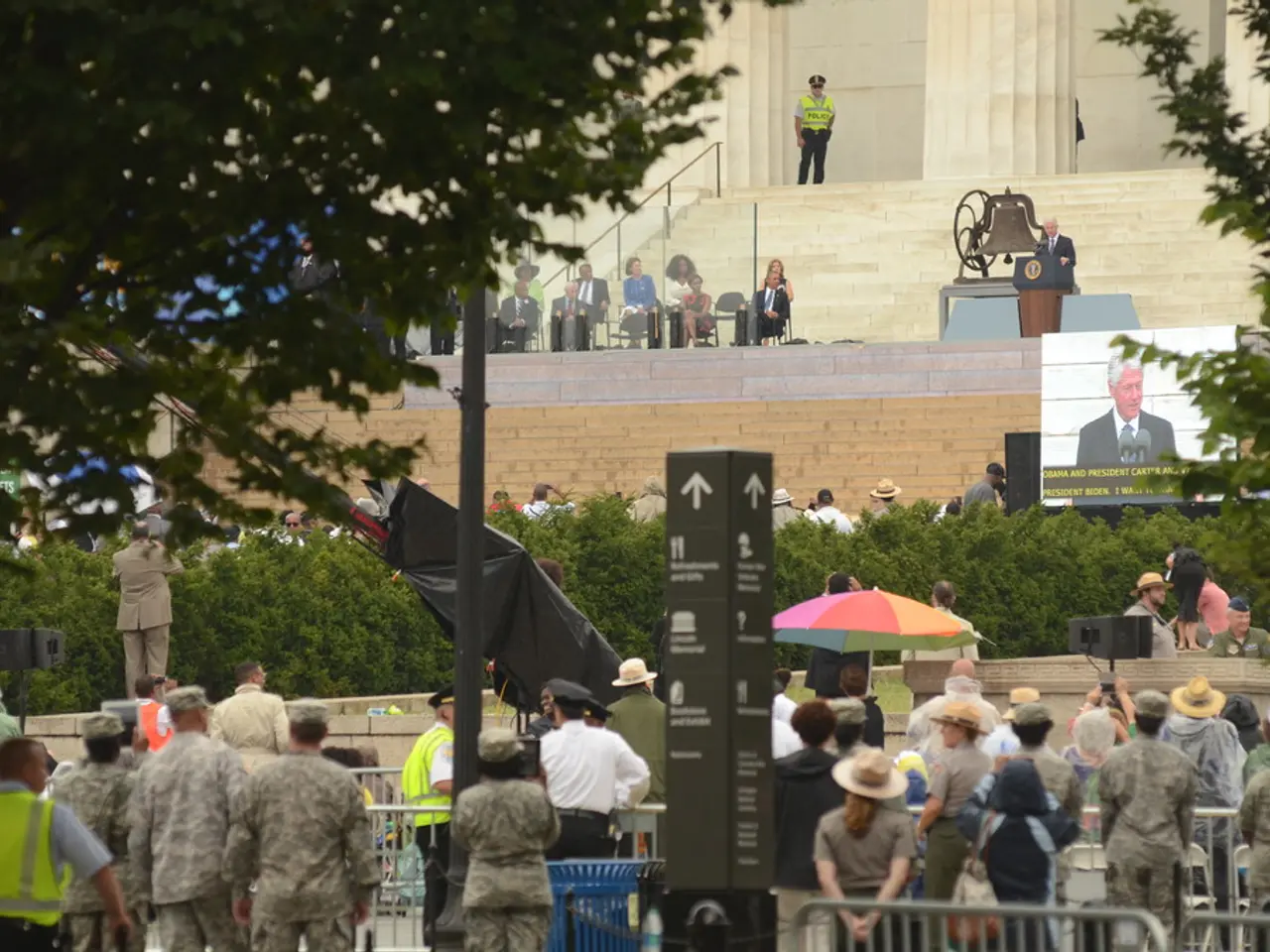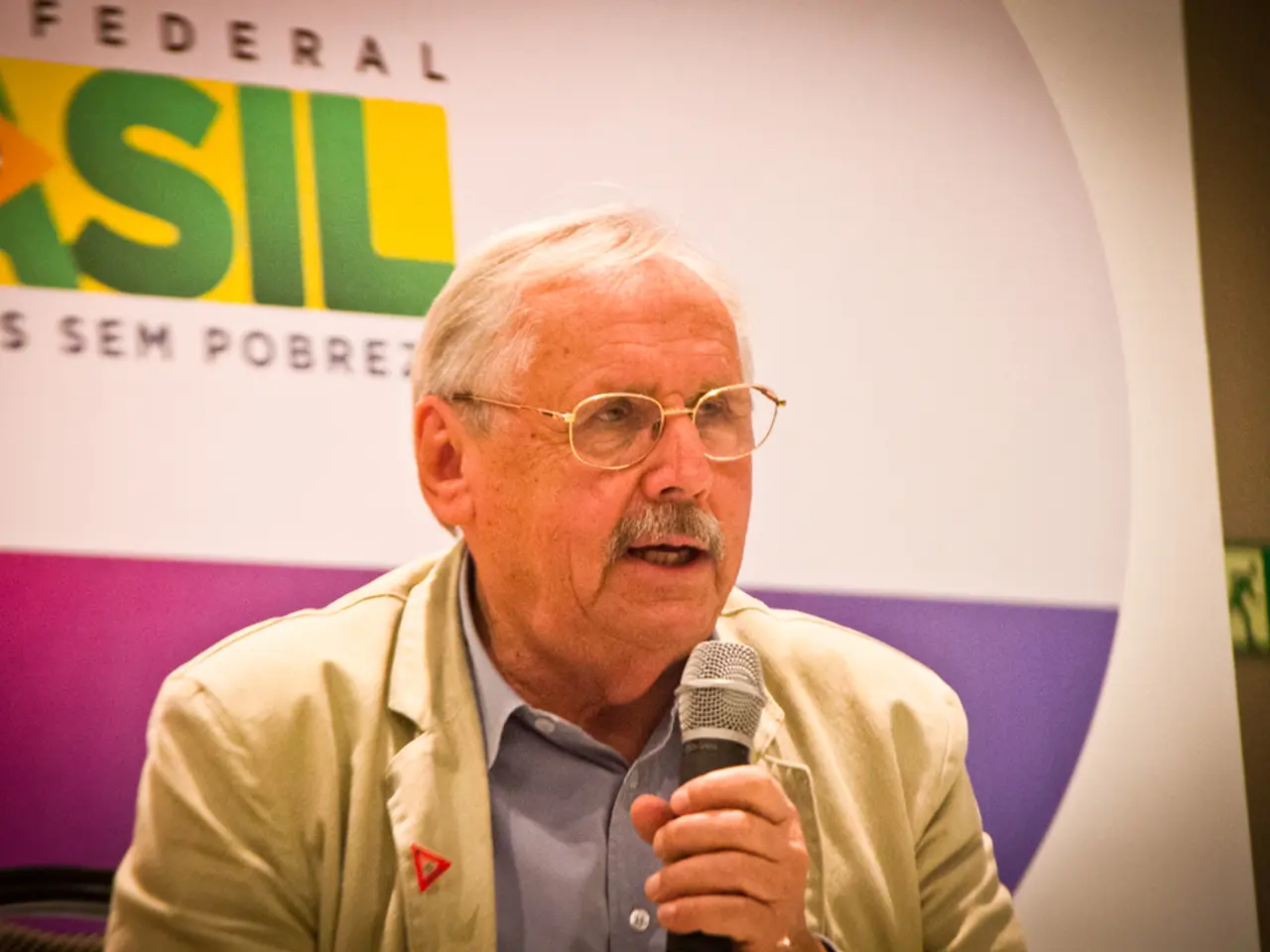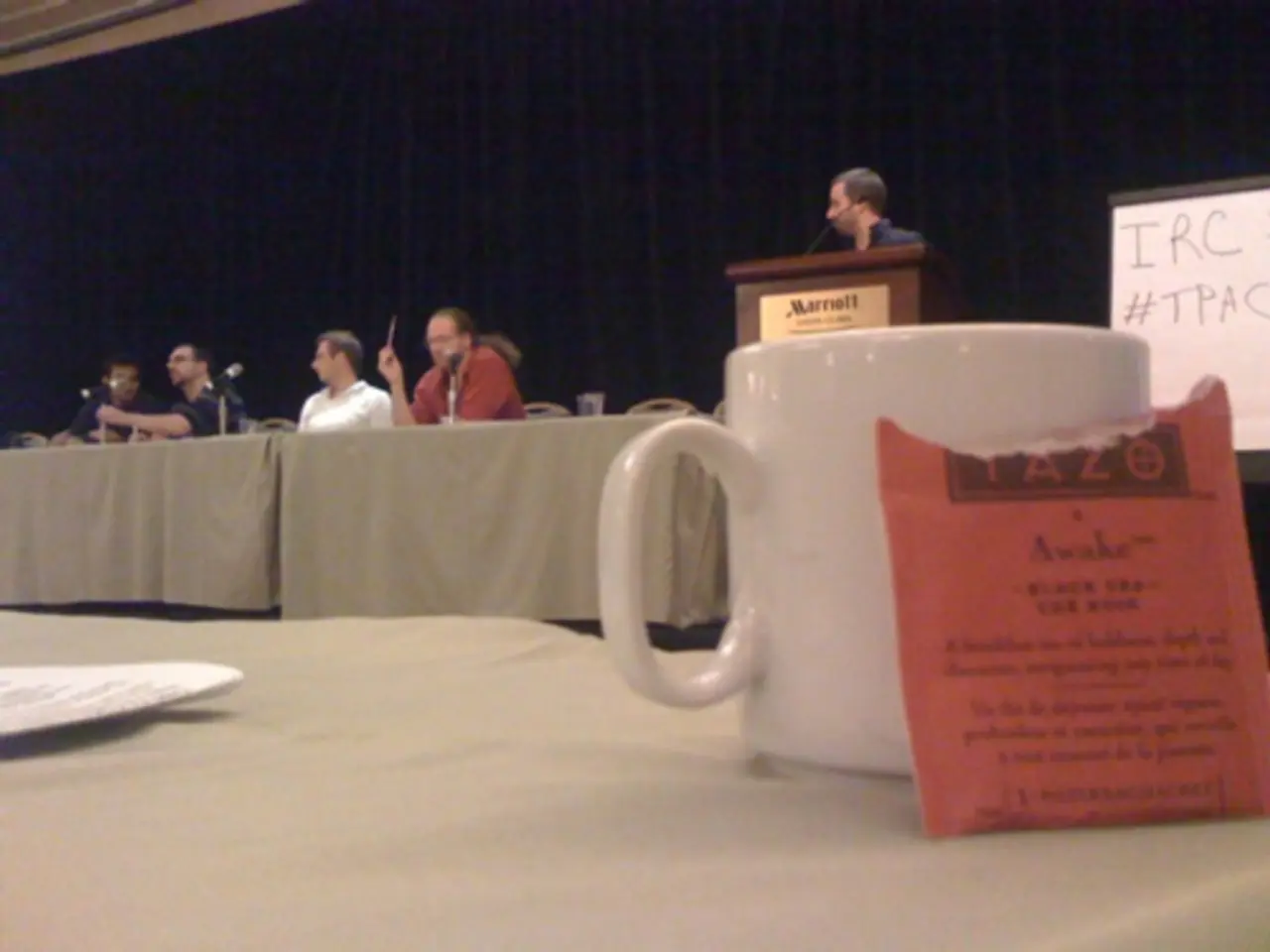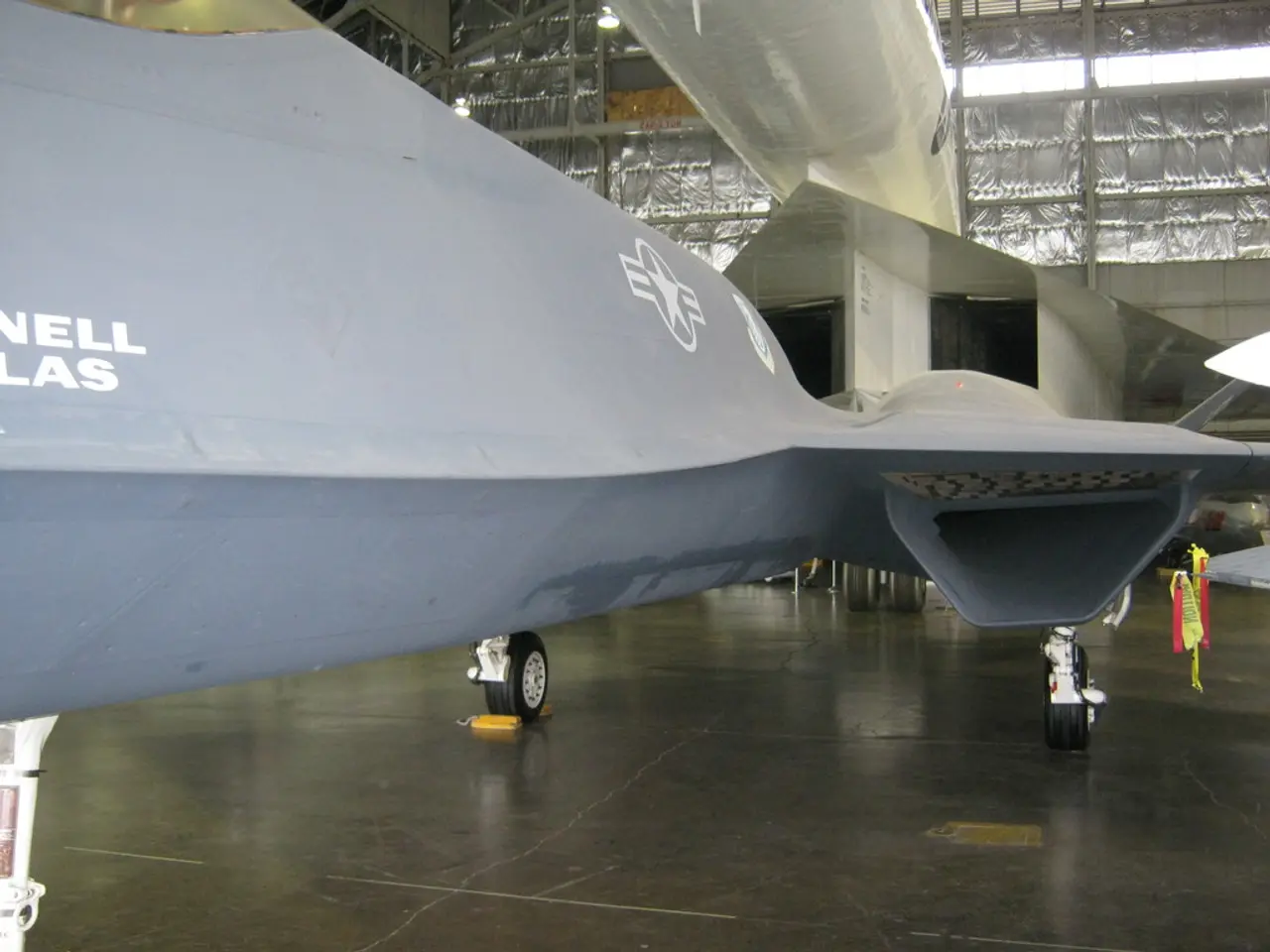Urge for Intensified International Backing: Viewpoint of Former UK Defense Secretary
In a recent symposium titled "China's Threat to Taiwan's National Security," held in Taipei, former U.K. Secretary of State for Defence Gavin Williamson advocated for Taiwan to be more assertive in asserting its interests and seeking global support.
Williamson, in his address, emphasised the importance of Taiwan being assertive but not aggressive. He suggested that Taiwan should "push a little bit harder" rather than being overly polite, which can sometimes be a weakness in international advocacy. He argued that many countries respond to those who "shout at them the loudest," so Taiwan raising its voice moderately and confidently is logical and sensible, aligning with what other nations do.
The former defence secretary also highlighted the need for Taiwan to leverage its global success in sectors like semiconductor manufacturing as part of its diplomatic "armory." He encouraged Taiwan to make clear, reasonable demands to the international community, and not hesitate to push back as its opponents do daily.
However, Williamson also advised Taiwan to be "more gently assertive" and coordinate closely with allies to manage and reduce potential backlash from China. He underscored the importance of working with partners such as the U.K. to encourage broader international support, referencing Britain's positive role in gradually moving countries toward recognizing Kosovo despite its complex status.
Piero Tozzi, staff director of the Congressional-Executive Commission on China (CECC), agreed with Williamson and suggested that Taiwan should be more assertive in its interactions with countries that tout themselves as democracies. Tozzi noted that some self-proclaimed democracies have cut ties with Taiwan in favour of China, and urged Taiwan to call out these countries for abandoning a democracy in favour of a totalitarian, ruthless regime.
Tozzi also proposed that Taiwan should seek an upgraded form of recognition from the United Kingdom and the United States. He reminded Taiwan that in 1979, the U.S. could have kept a dual recognition with the ROC and U.S. soldiers in Taiwan, but it did not.
Williamson visited Taiwan 17 years ago and noticed a difference this time, with the country showing greater pride and a greater desire to not be defined by a neighbour. He believed that Taiwan should start taking steps that begin to rebalance and that this is not aggressive, but logical and sensible.
The U.K. and Taiwan recently signed three economic agreements to strengthen cooperation in investment, digital trade, energy, and net-zero goals. Williamson described Taiwan as an immensely successful nation, particularly in sectors such as semiconductor manufacturing. He advised that people should not think everything is preserved in aspic and that Taiwan should seize opportunities for progress.
In summary, Williamson's strategy for Taiwan involves increasing its assertiveness in diplomacy without being confrontational, using its global economic and technological strengths as diplomatic leverage, making clear, reasonable demands to the international community, coordinating with allies to build a gradual, sustained push for recognition and support, and managing its messaging carefully to avoid unnecessary escalation or provocation. This approach allows Taiwan to assert its interests effectively while minimising the risk of being perceived as aggressive.
- In light of the symposium on China's threat to Taiwan's national security, Gavin Williamson, former U.K. Secretary of Defense, proposed a strategy for Taiwan that includes diplomatic assertiveness, but avoids aggression, emphasizing the importance of using its global success in sectors like semiconductor manufacturing as a diplomatic "armory."
- Piero Tozzi, staff director of the Congressional-Executive Commission on China (CECC), concurred with Williamson, suggesting that Taiwan should be more assertive in its interactions with democratic nations, while also seeking an upgraded form of recognition from the United Kingdom and the United States. Williamson's strategy aligns with this approach, as it also advocates for a balanced increase in Taiwan's assertiveness in diplomacy, policies, and legislation related to war and conflicts, general news, and politics.






